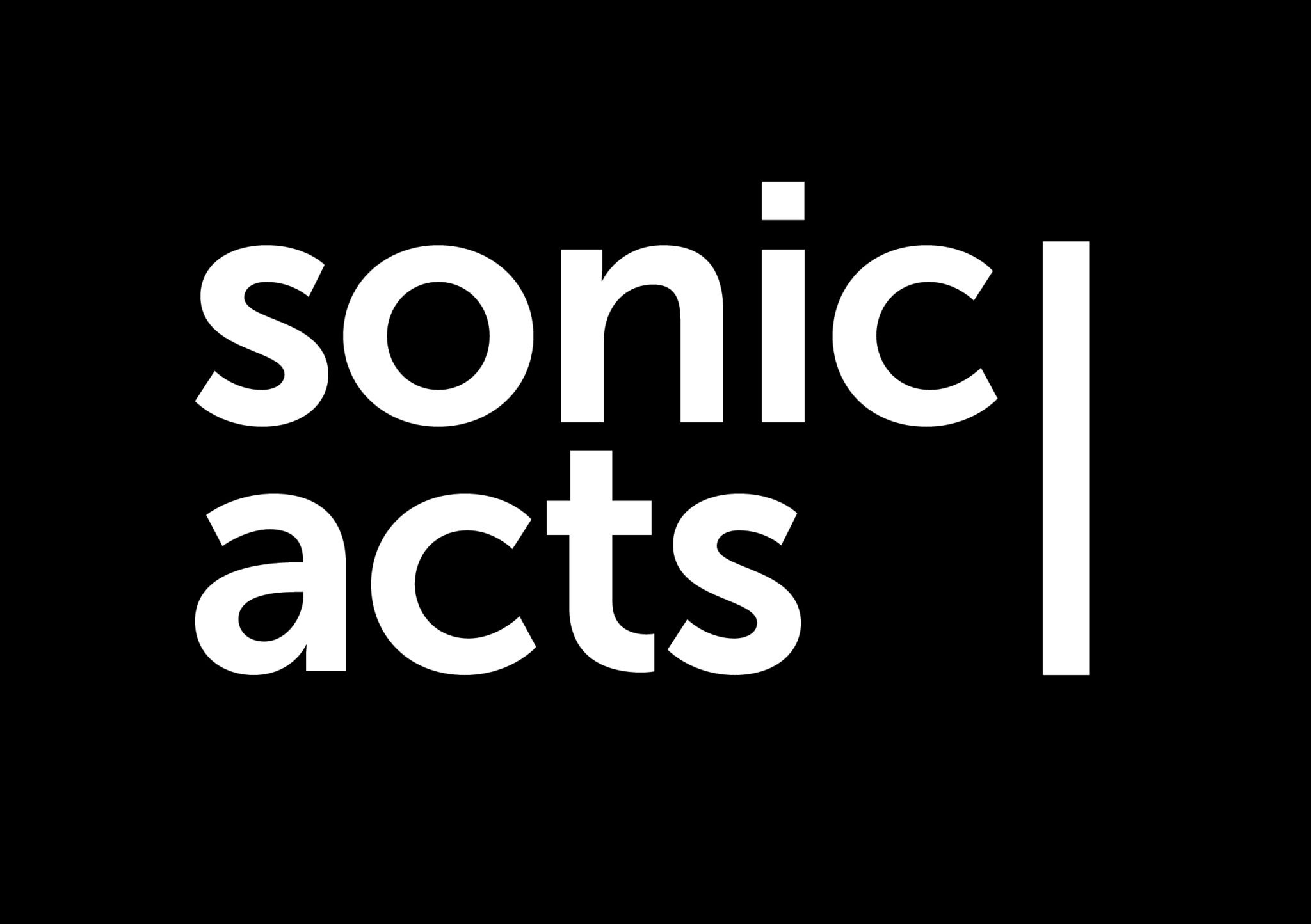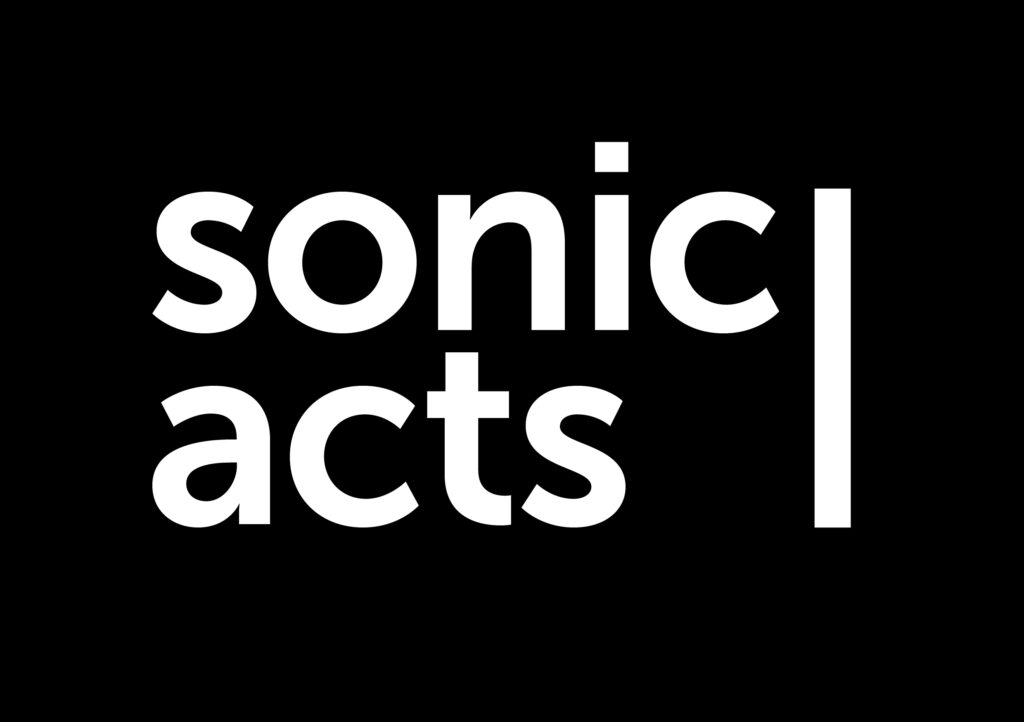Dit is het laatste deel uit een serie van vier artikelen, geschreven tijdens de workshop kritisch schrijven op het Sonic Acts festival. Dit artikel heeft als auteur Caspar Menkman. Is je interesse in het festival of onze workshop of heb je wat tijd over en lees je graag? Schroom dan niet de rest van de stukken te lezen op het Sonic Acts blog.

Olber’s paradox tells us that if the universe is infinite and filled with an infinite amount of stars, the sky should be glowing during the night. In gazing into the depths of the universe we constantly confront ourselves with the limits of human perception, yet still it functions as the base of our understanding of the galaxies.
This is not saying we should stop striving towards something that approaches a more complete understanding of everything around us, but it is questioning the place in which we create meaning. In modern science there are two areas that are important in the signification process of the universe. There is the process of dealing with our technologies in an appropriate manner and the indexing of our observations in preconfigured models. Both of these systems are in a way closed and fixed and in this effect maybe not suited to encompass the infinite.
Aesthetics can be a solution to the not corresponding natures of science and the infinite universe. And our search for the sublime can function as a fitting analogy for the utopia of a complete understanding of the galaxies. However truly unacademic it might sound: in the Arts we can find a magic that is closer to home. And it is here we resolve our limitations and we learn to deal with the abstract ideas the universe present us.
